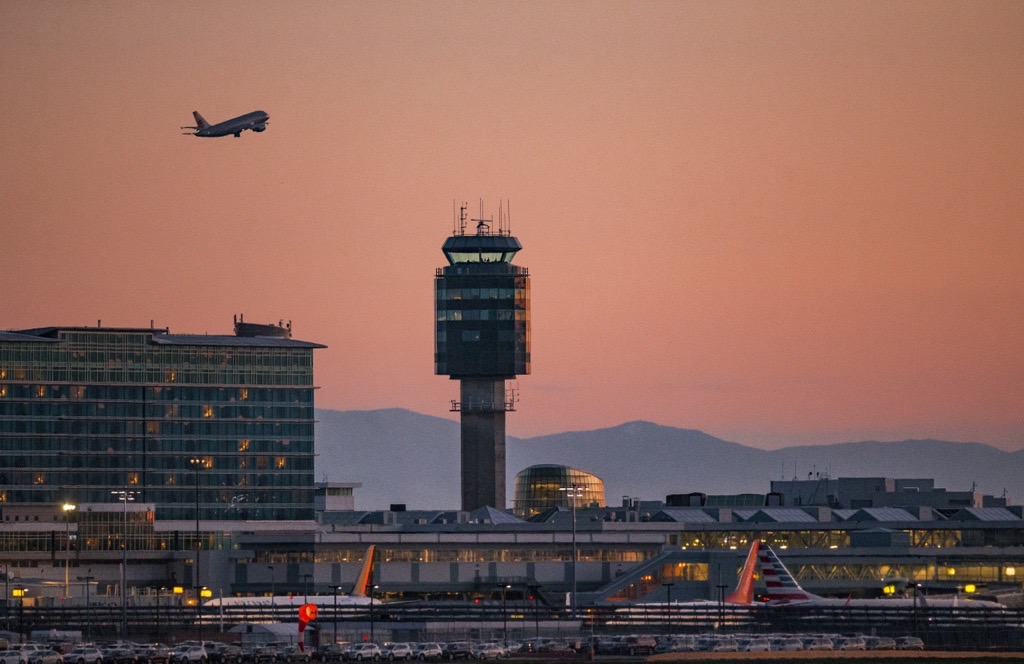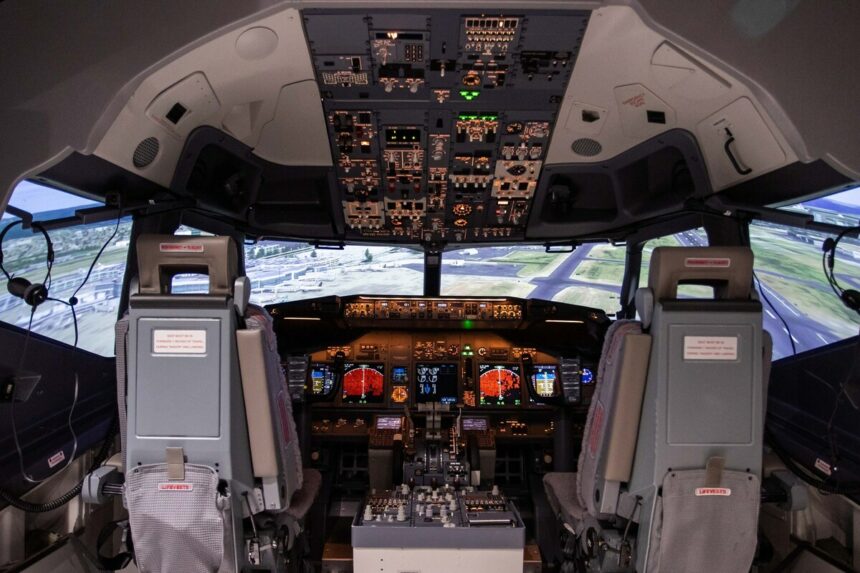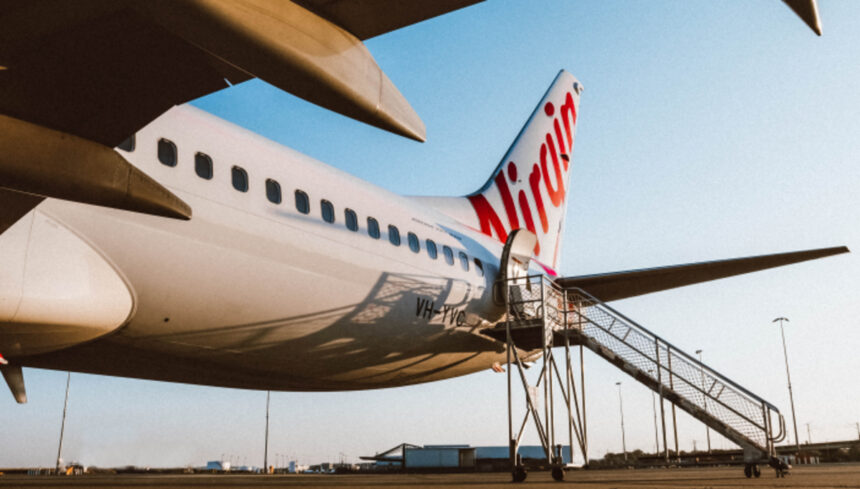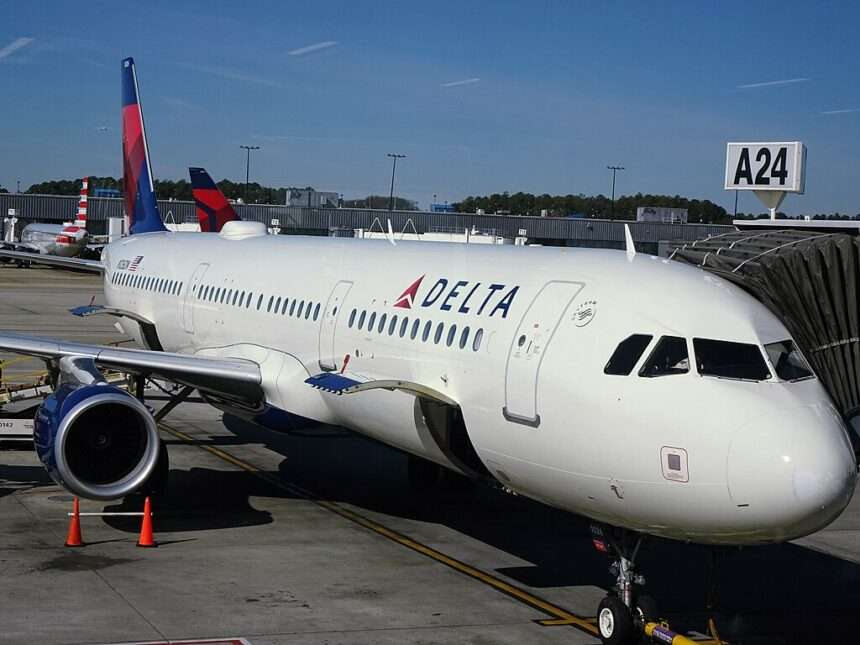Vancouver International Airport (YVR) has released a review detailing its proposed plan to handle passenger and aircraft operations during periods of extreme weather events.
The move towards developing this plan followed after a period of intense travel disruption in 2022 at YVR, and acknowledges the realities of similar future events with changing climate.
Vancouver Airport action plan
A $40 million action plan will add new staff, improve training, better leverage technology, increase communication, and invest in additional equipment to keep more aircraft moving and passengers well informed.
“While the review confirms our safety promise was kept, it shows that our customer service commitment was not,” said Tamara Vrooman, President and CEO of Vancouver Airport Authority.
“Passengers clearly told us that, while they recognize aviation is a complex ecosystem of different partners and players, they want YVR to take a leading role in providing more information, better access to front-line staff, and other improvements in times of extreme travel disruption,” she said.
The review highlights both the changing realities of passenger and aircraft traffic post-COVID as well as the impacts of climate change and more extreme weather events. This puts additional strain on airside services including aprons, gates, and ground handling.
While these services perform well during regular operations, the systems and processes our airport community has historically relied on must be made more resilient and adaptable for more frequent and extreme weather disruptions.
Five key focus areas of the plan
Overall the new plan centres around five key focus areas as follows:
1. Enhance Winter and Irregular Operations
This will involve initiatives like the installation of new real-time weather monitoring equipment, additional winter weather equipment and increased aircraft de-icing fluid storage capacity.
New gate protocols will be put into place to ensure arriving aircraft can deplane passengers within 30 minutes of taxiing.
2. Enhance Cross-Team Collaboration
Additional information sharing across different airport partners as well as establishing a permanent team from across the Airport Authority and partners to enhance decision-making and improve passenger focus.
3. Investments in Technology and Data
Through technology and data investment, the plan envisages better prioritization of aircraft on the airfield as well as an improved ability to track delayed baggage through real-time technology and data including a new digital apron monitoring tool.
4. Enhance In-Terminal Passenger Support
To improve passenger communications and handling, additional staff will be trained to directly support travellers using better, up-to-date information throughout the terminal 24-7. Improved digital communications directly to passengers in the terminal about resources available, including accessibility services.
4. Enhance Communications to Passengers and Public
YVR will commit to sharing more information more often. It plans to achieve this by making better use of its website combined with action via stakeholders, partners, and other organizations to get people the updates they need in a more reliable and consistent way.
Regular public reporting on YVR’s on-time performance, baggage performance, security screening times will also be a feature.
“I want to thank our partners, employees, members of the public, and passengers who took the time to participate in this process,” said Vrooman.
“We have already started to implement many of these actions and your contributions will help us improve resiliency and better serve travellers and our community into the future.”
The final report and action plan can be accessed here.









